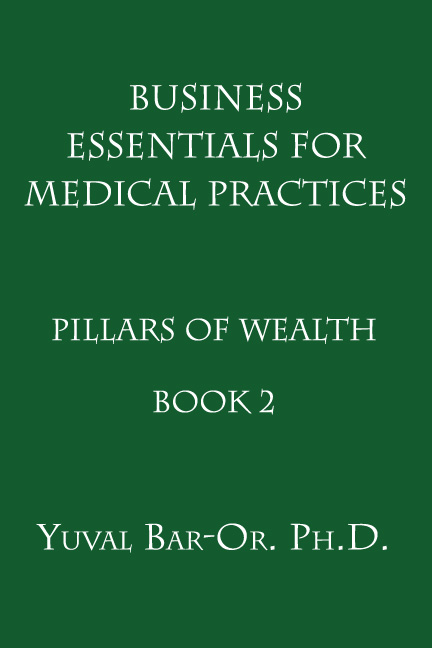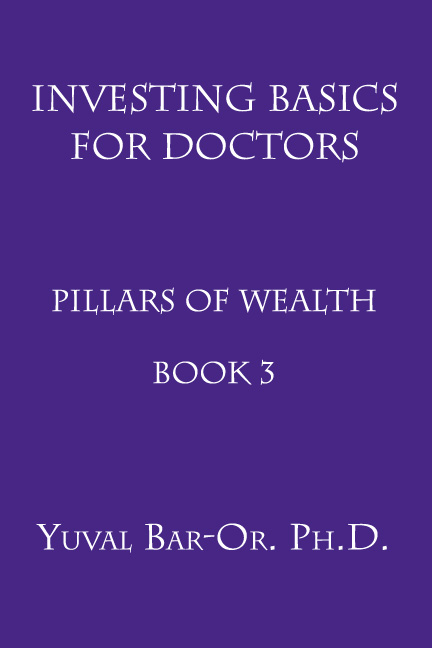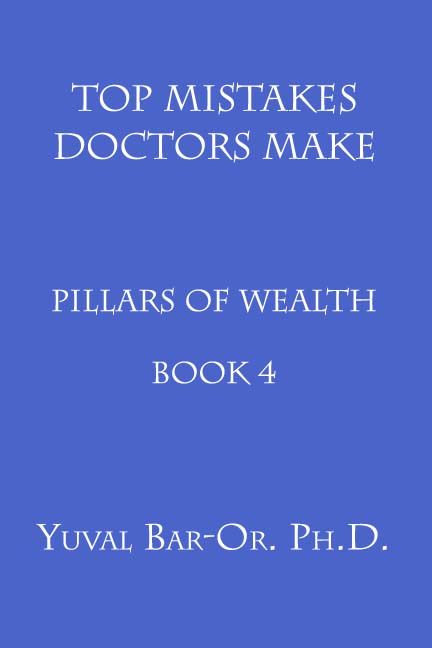

This e-book aims to equip you with the basic, unbiased knowledge needed to make better financial decisions for yourself and your family. Its content spans all major areas of personal fina...
READ e-BOOK
This e-book helps you launch, manage and grow your private medical practice.
READ E-BOOK
Proper personal financial planning involves numerous investing-related decisions. Doctors must make these decisions in their retirement plans, in their children’s 529 college saving...
READ e-BOOK

In this compilation I briefly define and explain basic economics concepts, including: